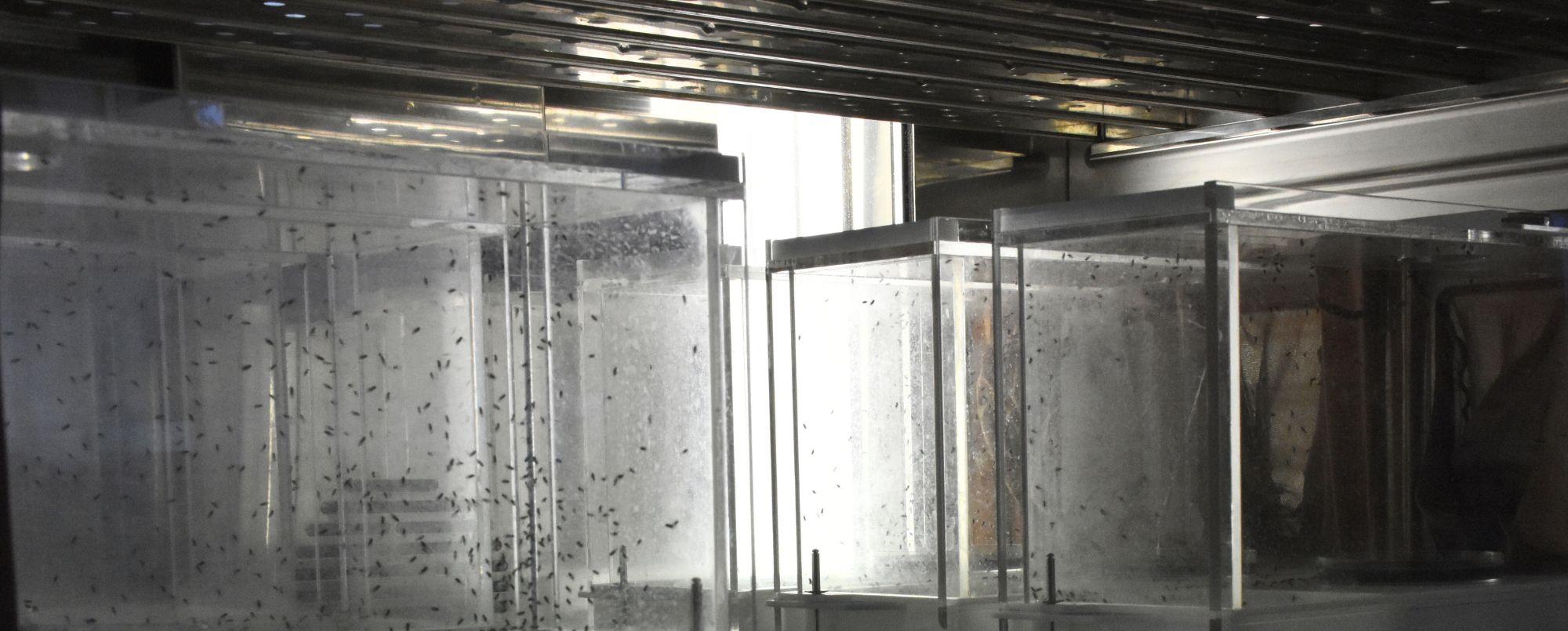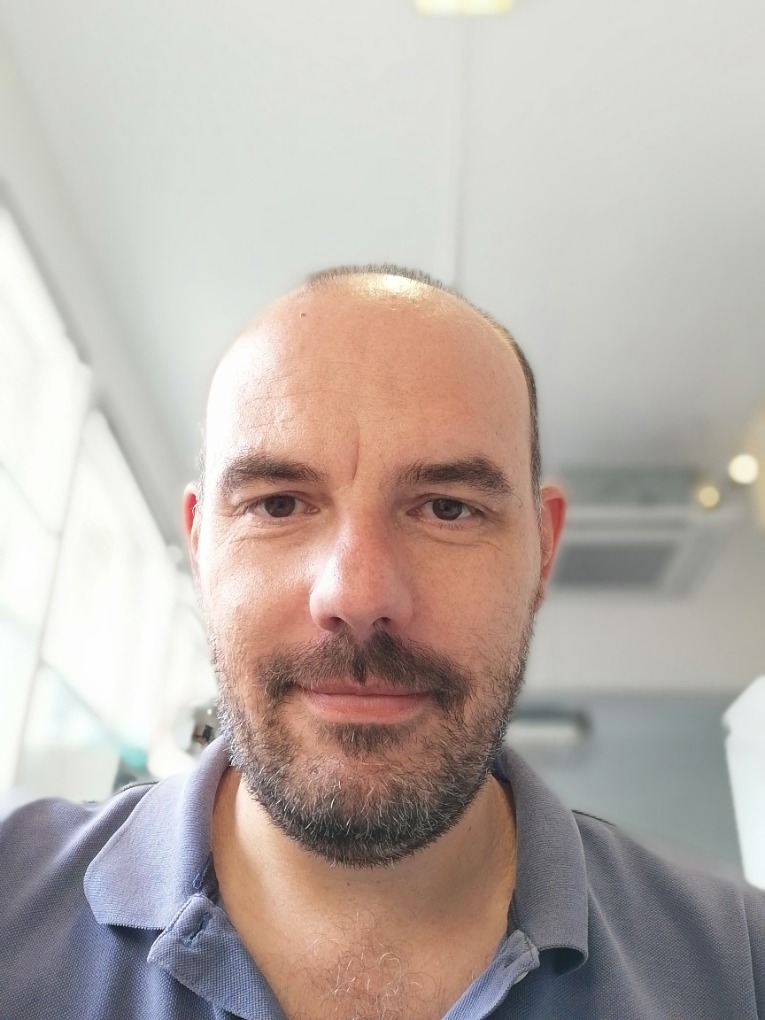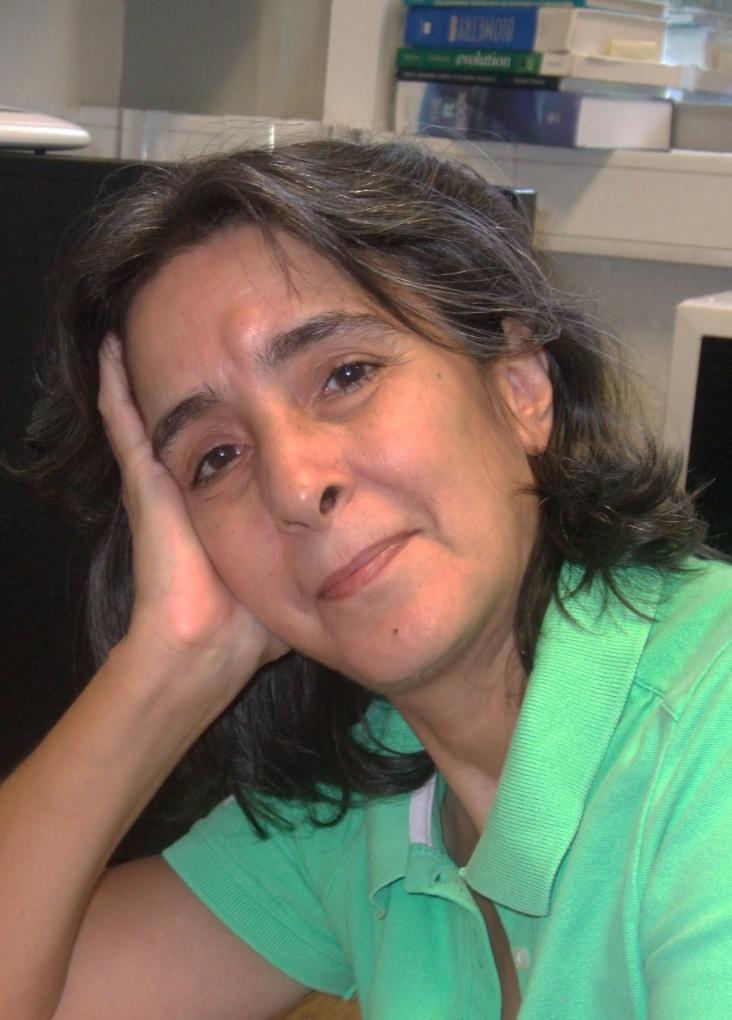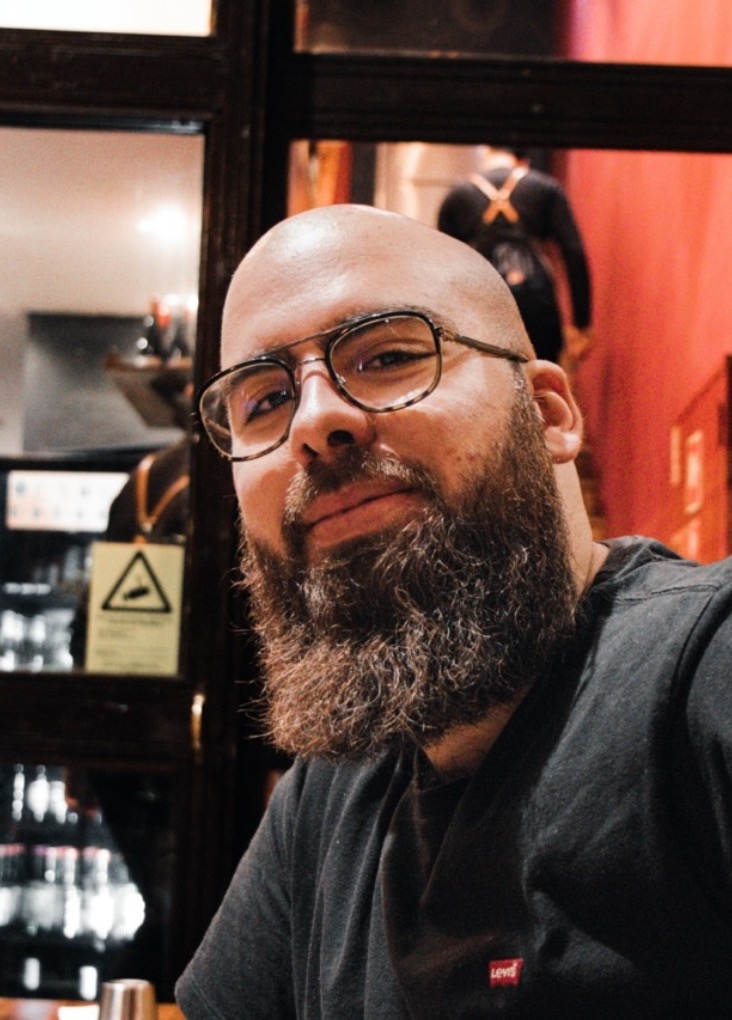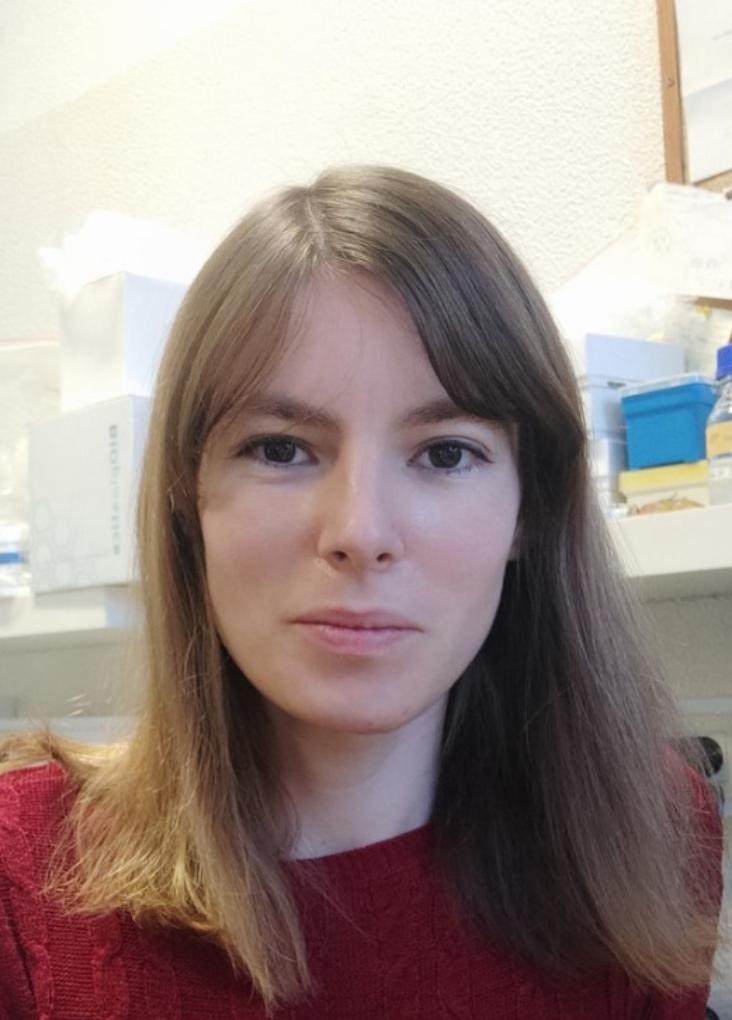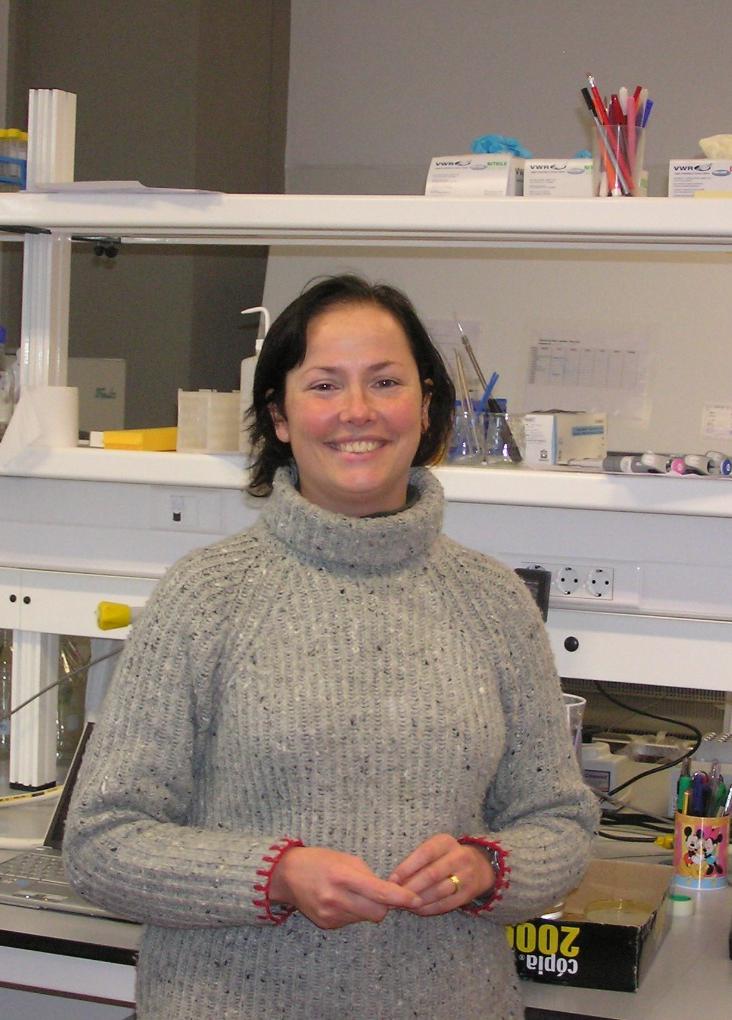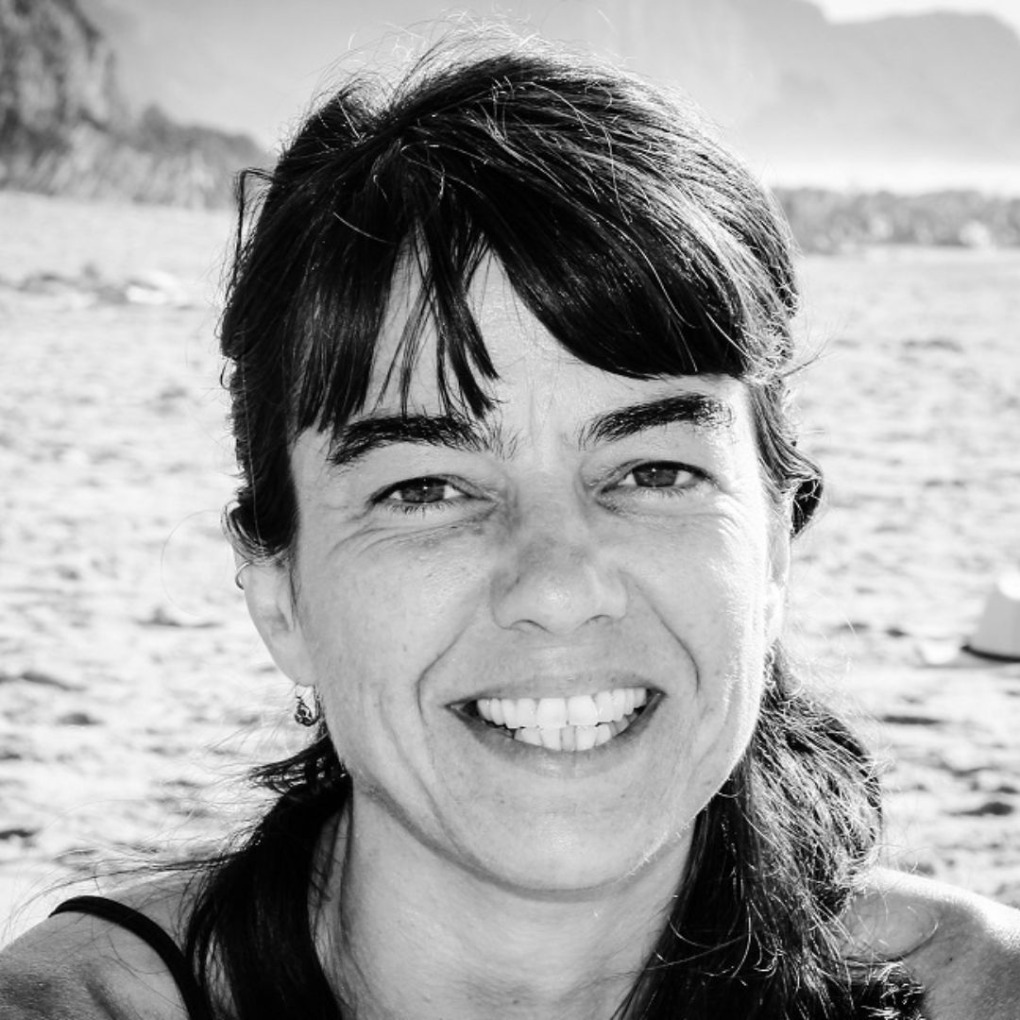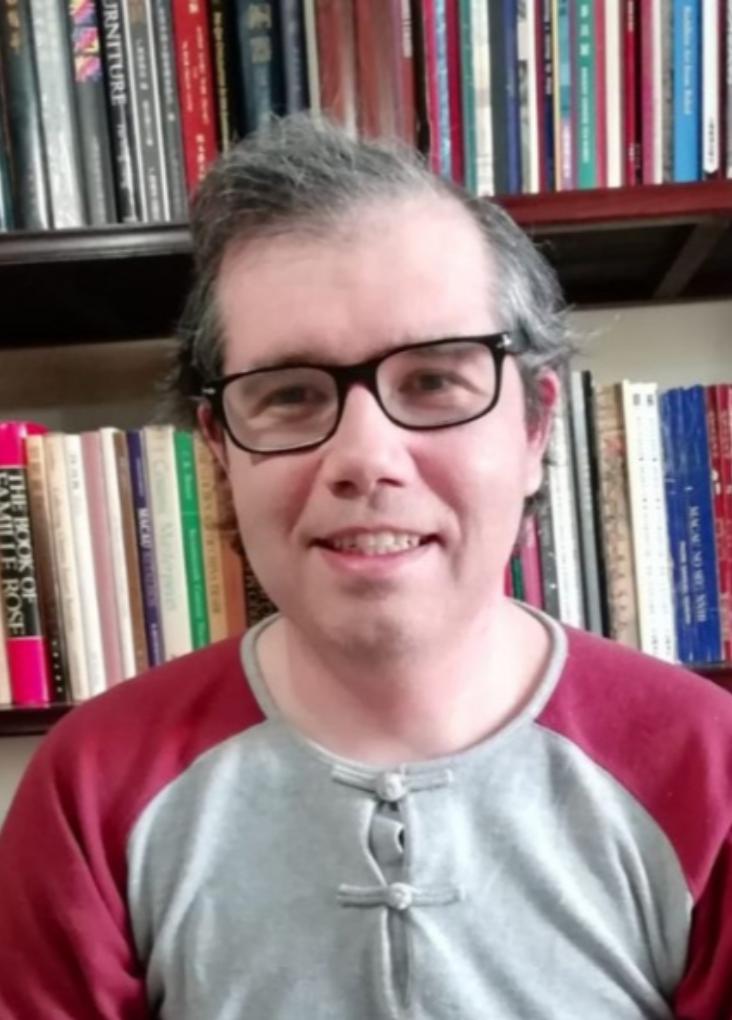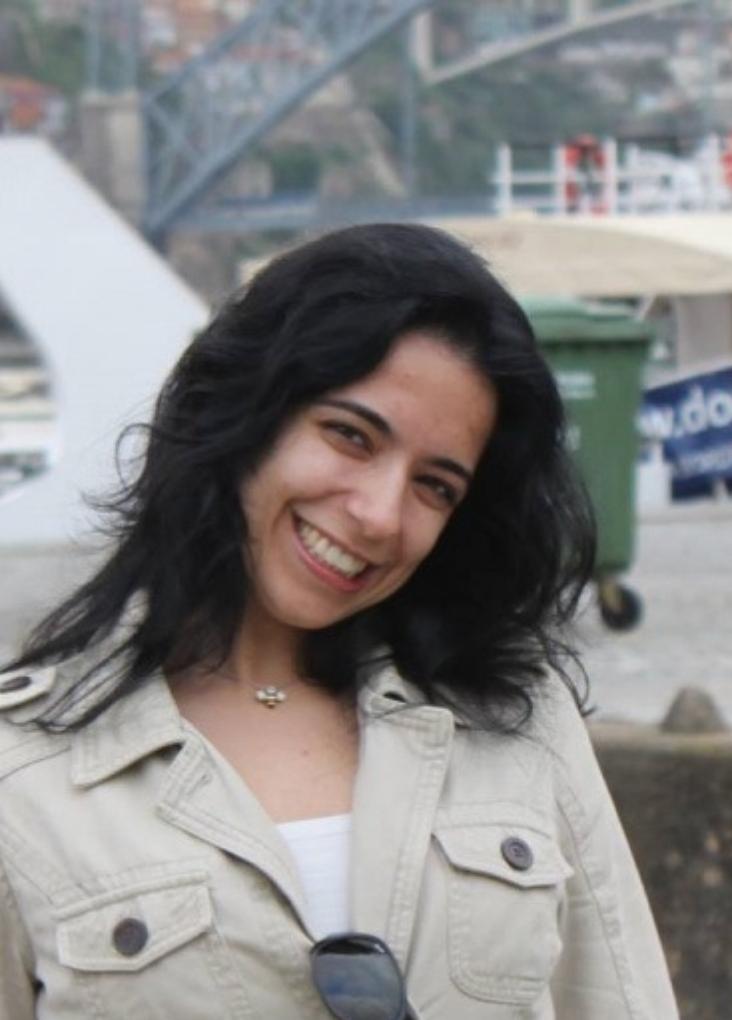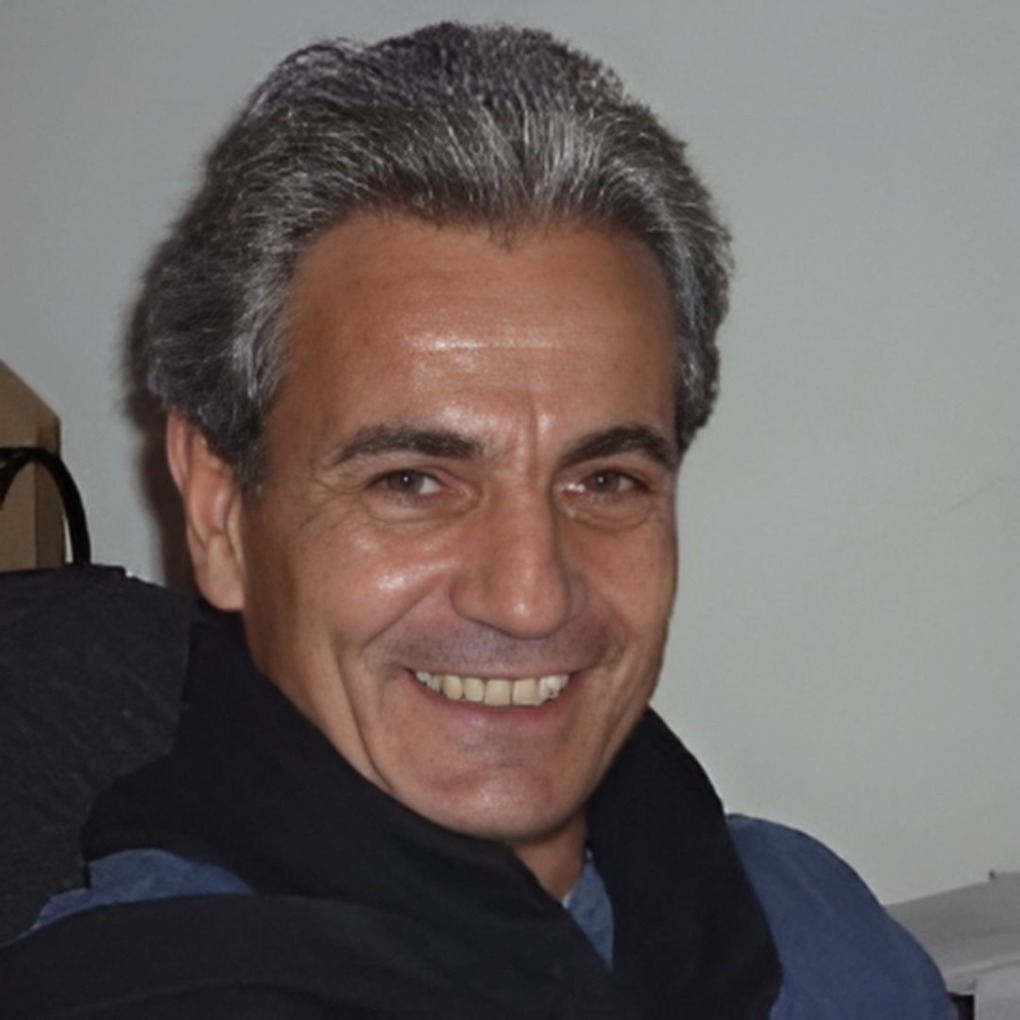The Local Adaptation in Drosophila (LAD) research aims to understand the real-time evolutionary patterns and processes underlying adaptation to changing environments.
We study the tempo and mode of adaptation to novel environments and its underlying genetic basis, including the impact of historical differences between populations.
We use as a powerful tool experimental evolution and as main model organism Drosophila subobscura. Our research was centred on laboratory adaptation, and in recent years, we have focused on thermal adaptation.
In future, we plan to enlarge our study system to D. suzukii, an important agro-pest, using our long-term lab adapted D. subobscura populations as controls. We also plan to test the validity of the ‘space for time’ approach, much used in ecological surveys, by confronting the power of a comparative analysis across natural populations geographically differentiated with the real-time thermal evolution in the laboratory of the most differentiated ones.
LAD belongs to the thematic line TL2, collaborating with several RGs within it, namely in projects of other teams (e.g. international: Growlife, DynamicTrio; national: FCT MultiE). Given the importance of relating ecology with evolution across biological levels, LAD contributes to transversal issues, participates in the SmartFarm CoLab and the Associate Laboratory CHANGE, and is committed to fostering more collaborations with RGs of thematic lines TL1 and TL4. LAD has a strong international network of collaborators in Europe (Mauro Santos, Torsten Kristensen, European Thermal Fertility Network) and USA (Michael Rose).
LAD contributes to high-quality training, coordinating the PhD programme BIODIV shared by CE3C and CIBIO and organising CE3C’s Advanced Courses aimed at PhD students. We are highly involved in activities and management of APBE (Assoc. Port. Biologia Evolutiva) to promote Evolutionary Biology to society and foster knowledge transfer in the scientific community.

